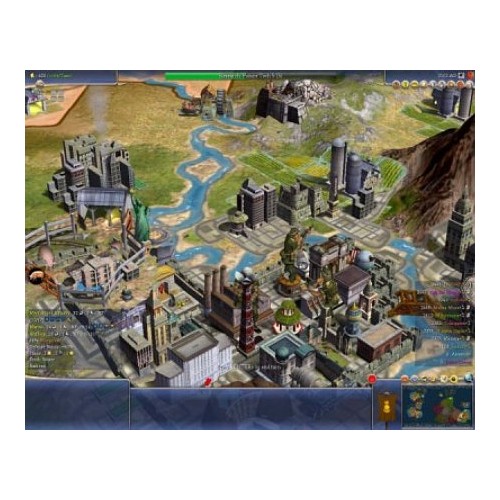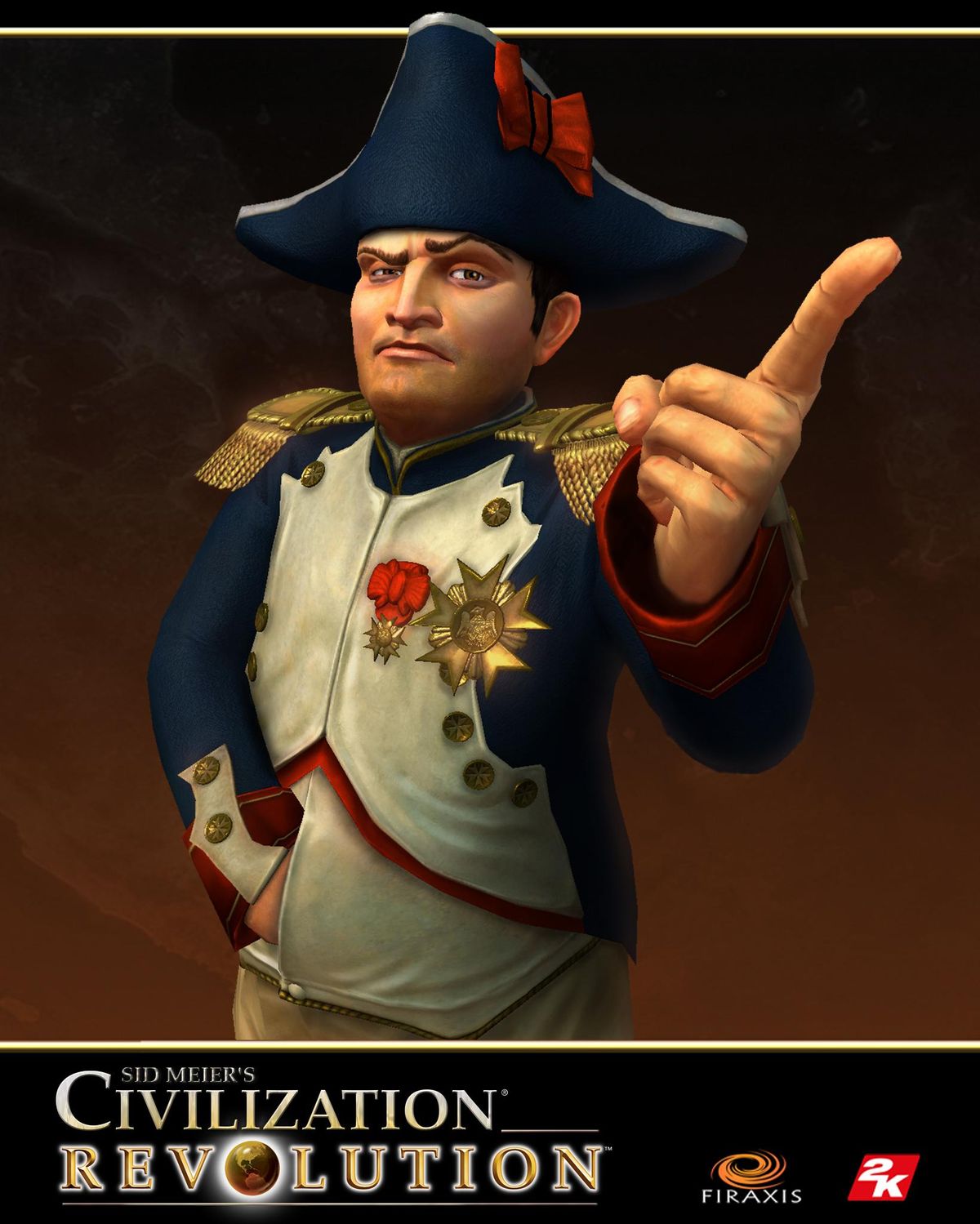
These can be fun to toy around with once or twice, though a dedicated campaign mode would have been nice. There’s also a Scenario mode, which gives you 10 special missions with variants such as increased barbarian activity or a naval-focused map.
#Civilization revolution ps4 review Pc
Perhaps in an effort to reduce the lengthy marathon sessions of its PC predecessors, a time limit can come into force and those with the most points will automatically win, though games can still last multiple hours depending on how you approach each conflict. Games often take a long while to complete, and testing out each Civilization will take a ton of time. Despite a simplified approach, Revolution finds a great balance between depth and accessibility.Īnd it will keep you busy for the long-term. It lacks some of the series’ more complex features, but this difficulty definitely presents an equal challenge. The five difficulty levels are well paced: Chieftain (the lowest) reduces interaction with other Civilizations and allows you to get to grips with the fundamentals of the game, while Deity forces you to be tactical and adapt to not only the environment, but also the strengths weaknesses of both your own and opposing civilizations. The four different routes to victory are clearly highlighted with icons, meaning they’re easy to follow. Selecting units is a breeze here, as the right analogue stick is used to highlight a unit and the left then to move it. Meanwhile, a huge Civiliopedia offers expansion for those who seek it. Menus are clear and simple, meaning it’s easy to decipher the mechanics of the game. It’s easy to see that Revolution is built for consoles. However only one can be settled in each city, and should the same type appear and you have no other cities to place them in, you can bring immediate benefits such as completing a building production. Great Persons, ranging from Agamemnon to Florence Nightingale, appear with high-culture and bring benefits such as double money. Combat can be irritating at times though, as clearly overpowered forces fail to engage the enemy at all. This brings increased power, and achieving victories multiple times also upgrades the unit. Organising a military force is simple, with groups of three allowing for an upgraded army to be formed. Production resources can be used to build combat units, buildings and Wonders, both of which can bring permanent benefits such as increased money and culture, though Wonders can be nulled by discoveries by other Civilizations. From there, you can either shift your workers to prioritise production, food to grow your population or money.

Games start once you place your settlers. You can adjust your settlers in order to accommodate different strategies, water-covered areas are good for developing technology while mountainous sections provide speedier production. As the maps are randomly generated, even the terrain can affect how you play. The French, for example, begin with a Cathedral which encourages you to aim for a Cultural victory. From the get-go, the Civilization you choose can impact which direction you take, with 16 different ones in all each with special bonuses both immediately and over a period of time as you play. Meanwhile, a myriad of factors can affect your games. The first three relate to resource management while the last requires you to use brute force to take over other cities.

You can win one of four ways: through either a technological, economic, culture or domination victory.

The baseline elements of Revolution follow the turn-based 4X template of the series, albeit simplified. And quite frankly, it’s one of the best attempts to bring strategy to the console market. Even Sid Meier himself showed giddy enthusiasm for the project, implying that a lot of care was taken. Civilization Revolution is different, in that it’s built from the ground-up only for consoles. The mouse-and-keyboard controls are difficult to translate on a control pad, consoles seem to lack the specs required to power these mammoth games and there just seems to be a general lack of care: more often than not, console owners are shafted with lazy, shoddy ports of these great games. Perhaps one of the most notoriously difficult genres to execute on consoles, strategy games have found success rare outside of the PC.


 0 kommentar(er)
0 kommentar(er)
